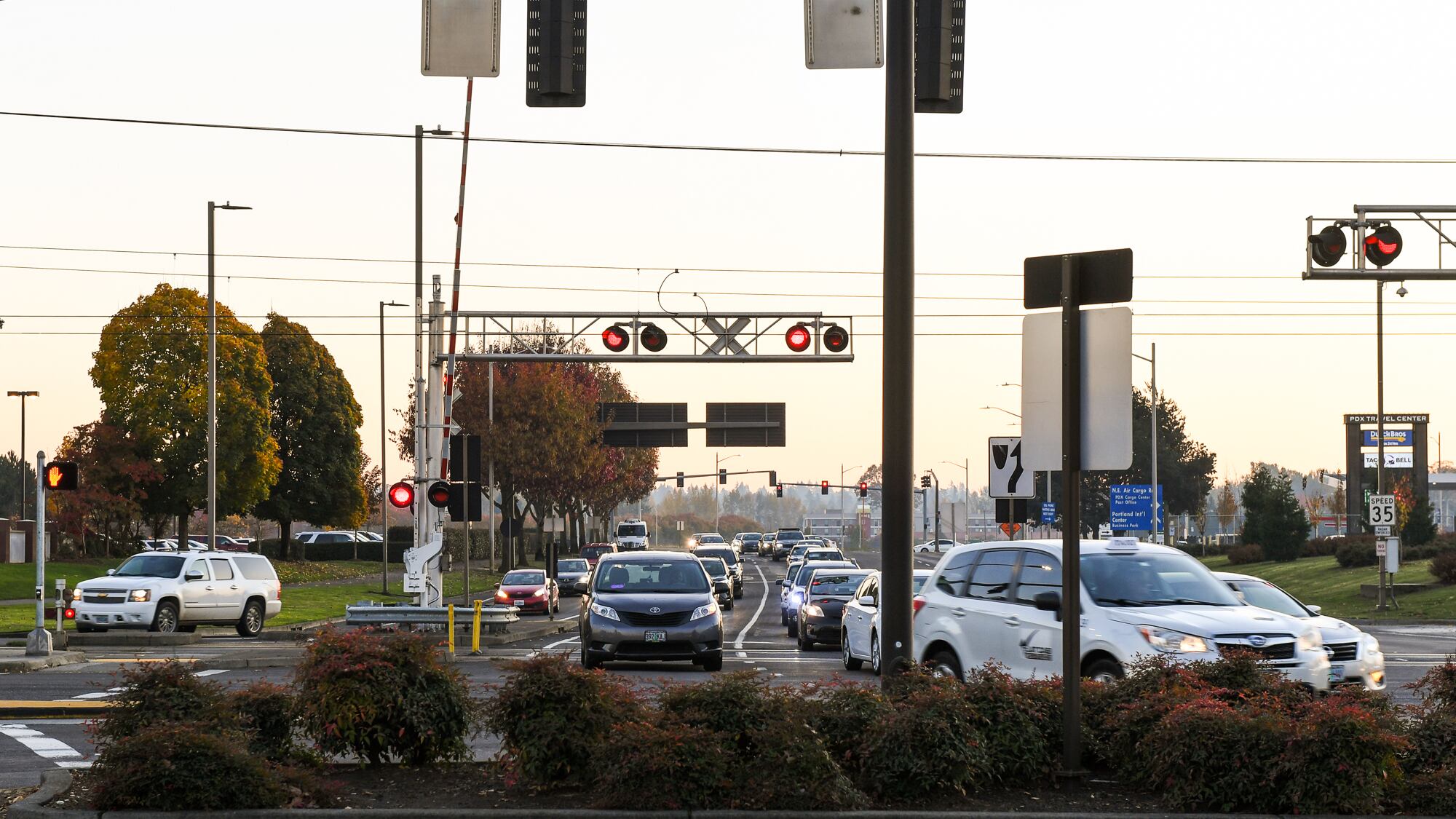Three years ago, Tigard voters narrowly approved support for a light rail line, called the Southwest Corridor, that would connect downtown Portland to Bridgeport Village. Metro needs continued support to move forward with a $3 billion measure it plans to place on the ballot in 2020, with nearly one-third going to build the new light rail line.
Among the promises made during the Tigard campaign: There would be no narrowing of Highway 99W/Barbur Boulevard to build light rail.
Keeping that promise means the Southwest Corridor project will cost $200 million more than it would otherwise.
That compromise, approved by the city of Portland, Metro and TriMet, reflects the delicate balancing act Metro is engaged in to please suburban drivers and advocates fighting climate change.
Related: Climate activists have issued Metro an ultimatum: No money for cars in next year's massive measure.
It's not clear how much the measure will reduce greenhouse gas emissions. Metro promises to conduct that analysis once the projects become more defined.
But the compromise at Barbur Boulevard comes at a heavy cost, one that critics have issues with. "Is that a transit project," economist Joe Cortright asks, "or is that a highway project? I think that's a highway project."

